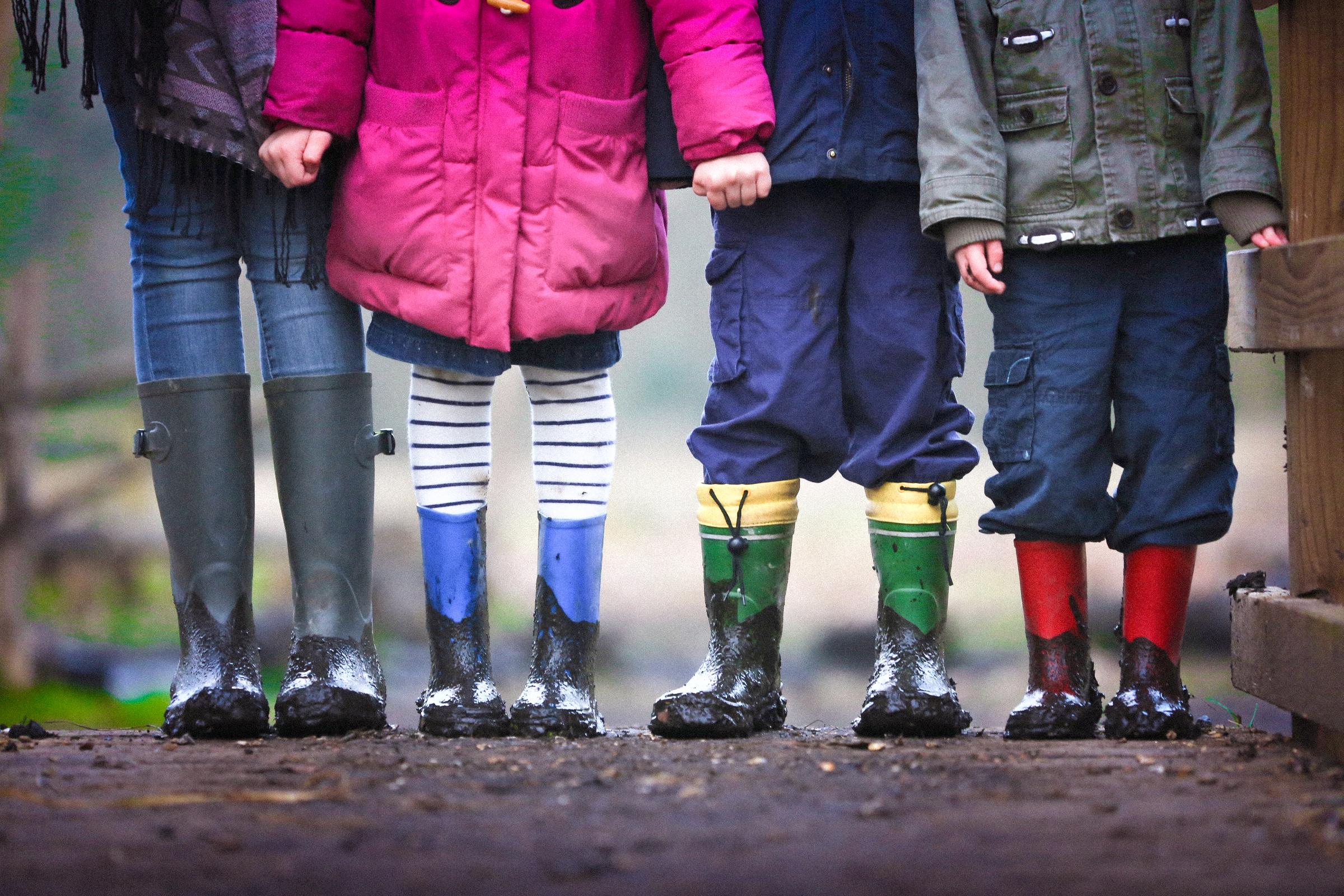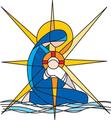Child Safety

The following are excerpts from our school Child Safety Code of Conduct. Each week we will focus on one of our Child Safety documents to remind ourselves of the importance to all of us of the safety of each and every member of our school community.
All of these documents can also be viewed on the Child Safety section of our school website.
Central to the mission of Our Lady Star of the Sea is an unequivocal commitment to fostering the dignity, self-esteem and integrity of children and young people and providing them with a safe, supportive and enrichingenvironment to develop spiritually, physically, intellectually, emotionally and socially.
Purpose
Our Child Safety Code of Conduct sets out the expected behaviour of adults with children and young people in our school. All school staff, volunteers, contractors, clergy, School Advisory Committee members and any other adult involved in child-connected work at Our Lady Star of the Sea must follow the Child Safety Code of Conduct.
They are also expected to actively contribute to a school culture that respects the dignity of its members and affirms the Gospel values of love, care for others, compassion and justice.
The Child Safety Code of Conduct applies to all physical and online environments used by students. It also applies during or outside of school hours and in other locations provided by the school for student use (for example, school camps and excursions).
Acceptable Behaviours
At Our Lady Star of the Sea, all school staff, volunteers, contractors, clergy, School Advisory Committee members and any other member of our school community involved in child-connected work are responsible for supporting and promoting the safety of children by:
● upholding our Our Lady Star of the Sea commitment to child safety at all times and adhering to our Child Safety and Wellbeing Policy
● treating students and families in our school community with respect in our school environment and outside ourschool environment as part of normal social and community activities
● listening and responding to the views and concerns of students, particularly if they disclose that they or anotherchild or student has been abused or are worried about their safety or the safety of another child or student
● promoting the cultural safety, participation and empowerment of Aboriginal and Torres Strait Islander students,students with culturally and/or linguistically diverse backgrounds, students with a disability, international students, students who are unable to live at home and lesbian, gay, bisexual, transgender, intersex, queer/questioning and/or asexual (LGBTIQA+) students
● ensuring, as far as practicable, that adults are not alone with a student – one-to-one interactions between an adult and a student are to be in an open space or in line of sight of another responsible adult
● reporting any allegations of child abuse or other child safety concerns to The Leadership Team (Principal, 2nd inCharge/Religious Education Leader, Teaching and Learning Leader, and Wellbeing Leader).
● understanding and complying with all reporting and disclosure obligations (including mandatory reporting) inaccordance with the Four Critical Actions for Schools and the following Diocese of Sale Catholic EducationLimited (DOSCEL) policies:
○ Protection of Children – Reporting Obligations Procedure○ Protection of Children – Anti-Grooming Policy
○ Protection of Children – Failure to Disclose Policy○ Protection of Children – Failure to Protect Policy
○ Mandatory Reporting Policy
○ Guide to Reporting Conduct under the Reportable Conduct Scheme
○ Child and Family Violence Information Sharing Schemes Policy and Procedure
● if child abuse is suspected, ensuring as quickly as possible that the student(s) are safe and protected from harm.
Unacceptable Behaviours
At Our Lady Star of the Sea, all school staff, volunteers, contractors, clergy, School Advisory Committee membersand member of our school community involved in child-connected work must not:
● ignore or disregard any concerns, suspicions or disclosures of child abuse or harm
● develop a relationship with any student that could be seen as favouritism or amount to ‘grooming’ behaviour(for example, by offering gifts)
● display behaviours or engage with students in ways that are not justified by the educational or professionalcontext
● ignore an adult’s overly familiar or inappropriate behaviour towards a student
● discuss intimate topics or use sexualised language, except when needed to deliver the school curriculum orprofessional guidance
● treat a child or student unfavourably because of their disability, age, gender, race, culture, vulnerability, sexuality or ethnicity
● communicate directly with a student through personal or private contact channels (including social media, email,instant messaging, texting etc) except where that communication is reasonable in all the circumstances, relatedto school work or extra-curricular activities or where there is a safety concern or other urgent matter and whenprincipal and parental permission has been sought
● photograph or video a child or student in a school environment except where written consent has been obtained or where required for duty of care purposes
● consume alcohol against school policy or take illicit drugs in the school environment or at school events where students are present
● have contact with any student outside of school hours except when needed to deliver the school curriculum or professional guidance and principal and parental permission has been sought.
